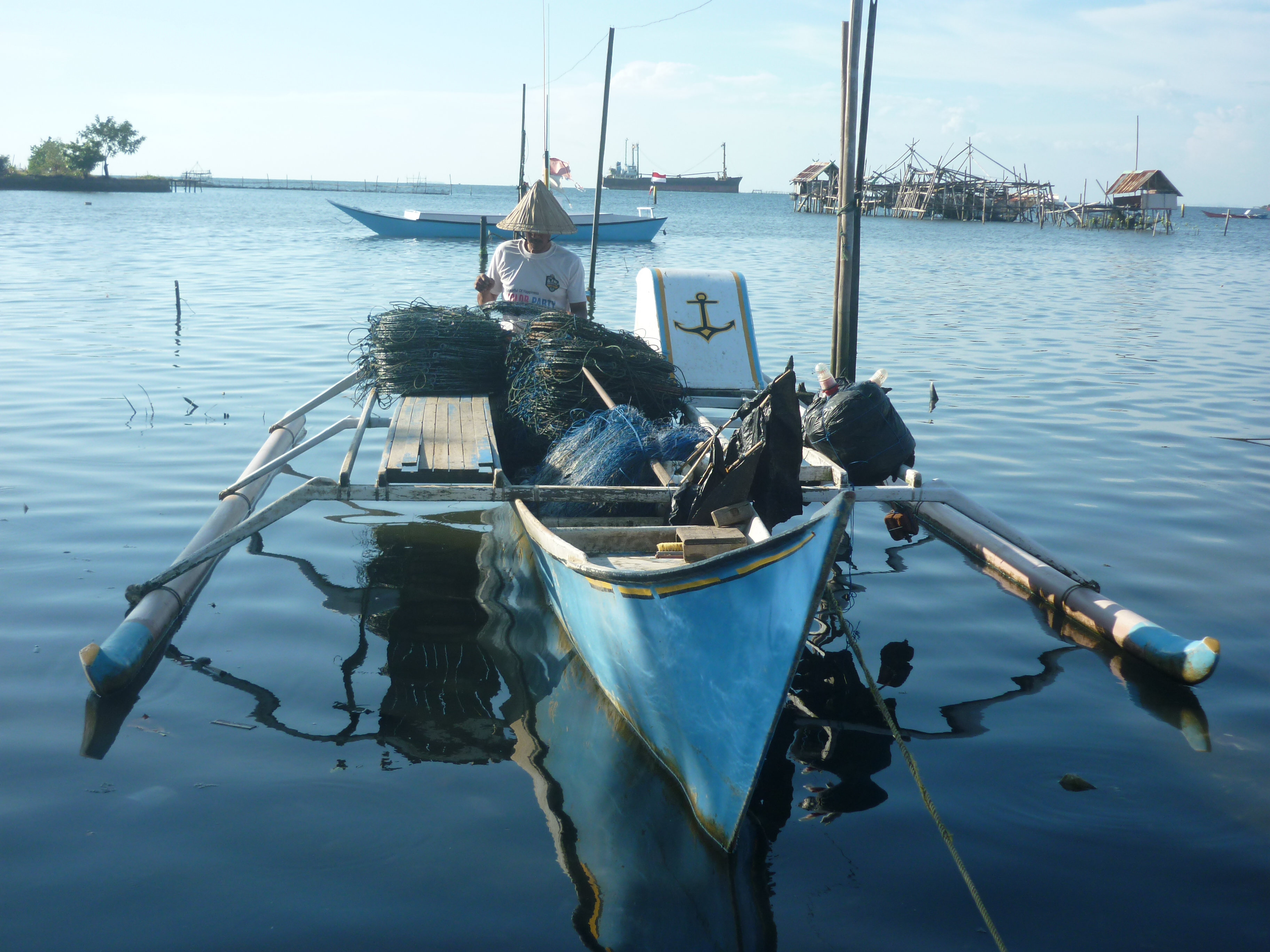The struggle of small-scale fishers in Indonesia
All the versions of this article: [English] [Español] [français]
Bilaterals.org - 12 May 2023
The struggle of small-scale fishers in Indonesia
Indonesia is a country that is particularly active and aggressive in negotiating free trade and investment agreements. The food industry, notably fisheries, is often threatened by such agreements. As an archipelagic country, the fisheries sector is vital to Indonesia’s economy. More than 90% of Indonesian fishers are small-scale fishers working in coastal areas.
As overfishing threatens sustainability, food security and livelihoods, an array of restrictions have been imposed. They range from the reduction or elimination of fisheries subsidies to a quota-based fishing strategy, which is being discussed as part of several trade deals, such as the Indonesia-European Union Comprehensive Economic Partnership Agreement or the Indo-Pacific Economic Framework.
To find out how this will impact small-scale fishers in Indonesia, read our interview with Budi Laksana, Secretary General of the Serikat Nelayan Indonesia (SNI/Indonesian Fishers’s Union).
Q: Can you introduce your organization?
Budi: SNI is an organisation whose members are coastal women, small fishers and traditional fisherfolks as well as communities whose livelihoods depend on coastal areas.
Q: What is the position of fishers and what is their contribution to Indonesian economy?
Budi: In general, the fisheries sector in Indonesia provides employment for people in the country. Fishers, especially small-scale fisherfolks, also contribute to the protein needs of the Indonesian population. However, small-scale fishers, who carry out daily activities to meet consumption needs, and seafood suppliers are currently finding it increasingly difficult to get fish. This is because fish are becoming harder to catch, partly due to the climate change factor, which makes them more difficult to predict and to reach.
Q: What are the main challenges faced by fishers in Indonesia today?
Budi: The first challenge is the quota-based policy, where fishers are given a quota of fish to catch. In the end they have to compete with corporations and large-scale fishers. Another challenge is the distance of the fishing grounds because there is competition from large-scale fishers, which means that small-scale fishers are pushed further away. Another problem is the pollution of the sea. It makes it increasingly difficult to catch fish.
Q: Indonesia is a member of the World Trade Organisation and is actively negotiating several free trade agreements that have the potential to bind it to a number of commitments, such as the elimination of fisheries subsidies. What’s your view?
Budi: The elimination or reduction of fisheries subsidies shows that the government is increasingly siding with corporations. Rather than protecting small-scale fishers, it sees them as a burden. This is the case, for example, when it sets fishing quotas in the name of protecting fishery resources. This shows that fishers are being left alone to fight against bigger powers. Subsidies are important for small and traditional fishers. They are guaranteed by law in Indonesia, as a form of protection for them. But what is happening now is exactly the opposite, because what the government is facilitating is only for large corporations.
Q: Are there any initiatives built by small-scale fishers as an alternative model to current’s global trade policies?
Budi: Social and trade justice is important, so we have formed a fisherwomen’s cooperative. This is an initiative of our organisation so that justice is not gender biased. It is a form of economic sovereignty. The value of justice must be seen and given to groups that have been marginalised, in these case small and traditional fishers, and especially women.
Interview by Bilaterals.org






